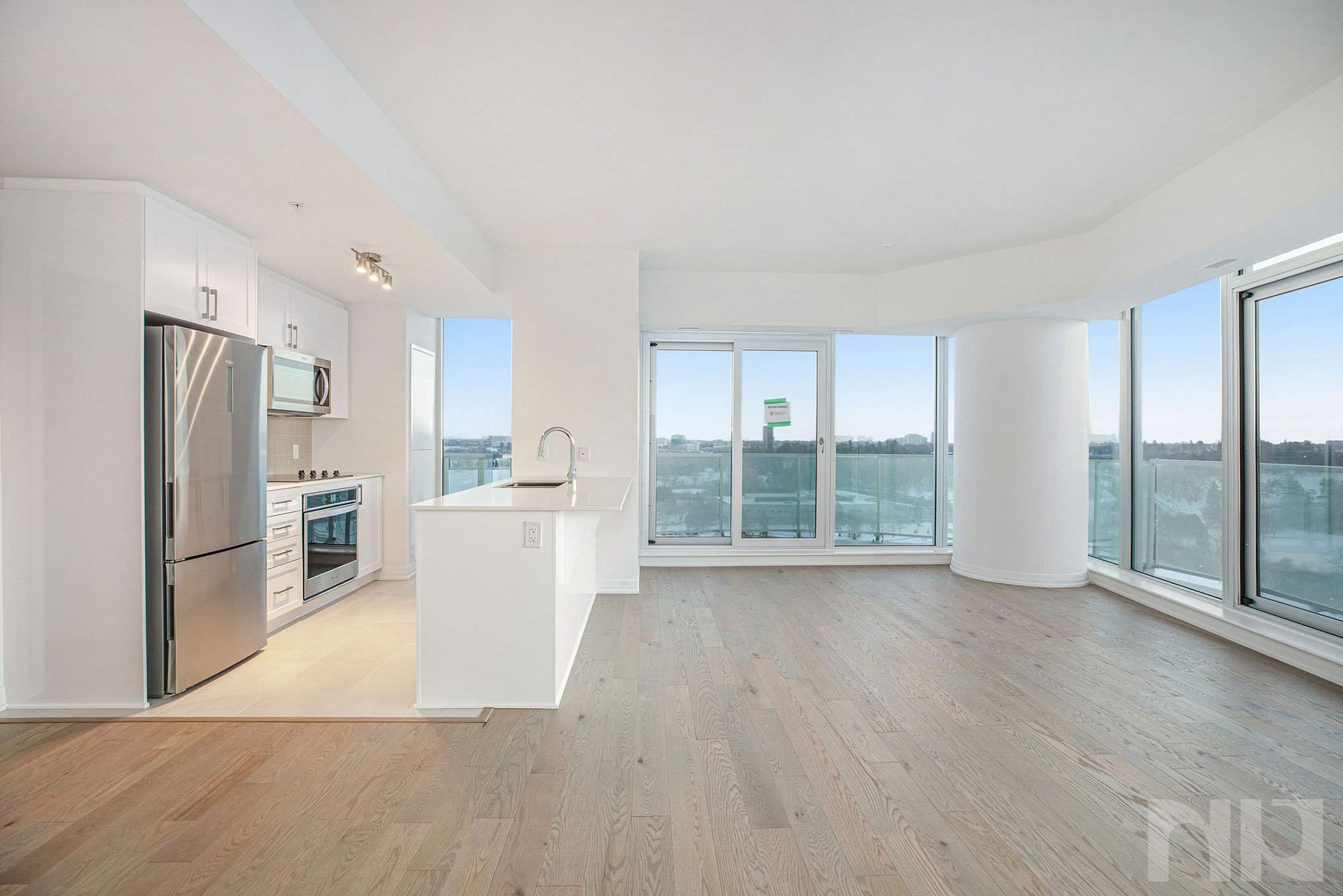
Whether you're buying your first condo or adding to your investment portfolio, one question matters more than most: will it hold its value? In Ottawa’s evolving condo market, not all buildings are created equal — and long-term resale potential comes down to more than just square footage or finishes.
Here’s what we look for when evaluating whether a condo is likely to retain its value over time:
1. Location Still Reigns Supreme
It’s a cliché for a reason. Proximity to transit, downtown employment hubs, grocery stores, nightlife, or the Rideau Canal adds long-term demand. Walkable neighbourhoods like Centretown, Westboro, Little Italy, and The Glebe consistently perform well — and tend to weather market shifts more smoothly.
2. Quality of Construction
Buyers are getting smarter. They’re asking about soundproofing, HVAC systems, building envelope issues, and more. Well-built concrete buildings (especially those with good reserve fund studies and proactive condo boards) almost always hold their value better than cheaper, poorly maintained options.
3. Building Reputation
Ottawa’s real estate community talks — and so do residents. Certain names like Domicile, Charlesfort, and Ashcroft (Q West series) tend to have better track records when it comes to quality, service, and resale. If a building has a history of major repair issues or lawsuits, that reputation can drag down value even in a hot market.
4. Amenities that Actually Matter
Pools are nice. So is a rooftop terrace. But what’s essential is well-managed amenities that don’t push condo fees into the stratosphere. Think practical: in-unit laundry, decent storage, efficient elevators, parking that isn’t a daily headache, and bike storage.
5. Strong Management & Financials
A good condo board and a healthy reserve fund matter. We review these documents for every buyer, and for good reason: buildings with strong governance are able to keep up with maintenance and avoid unexpected special assessments that scare off future buyers.
6. Supply and Demand Within the Building
In larger buildings, it’s easy to overlook the internal supply curve. If 8 identical units are always listed at the same time, that’s a red flag. Boutique buildings or units with a truly unique layout, view, or outdoor space tend to perform better over time.
The Bottom Line?
Buy the right condo, and it will hold its value — even when the market shifts. At mattrichling.com, we specialize in helping buyers and investors find the best-performing buildings and avoid costly surprises. Curious about which buildings in Ottawa are holding strong in 2025? Reach out to us — and let’s talk strategy.





























































